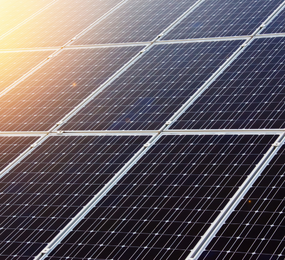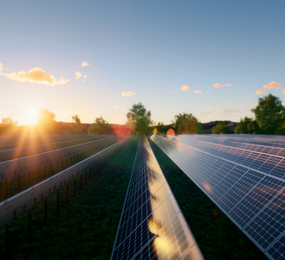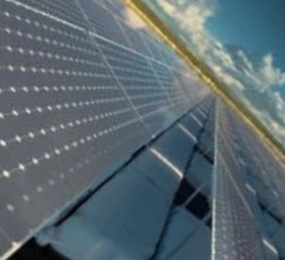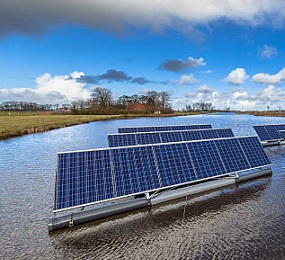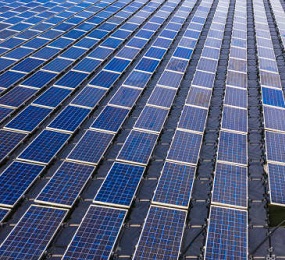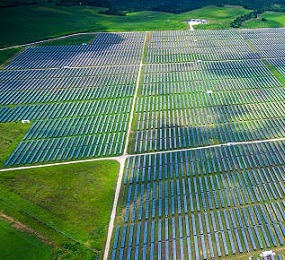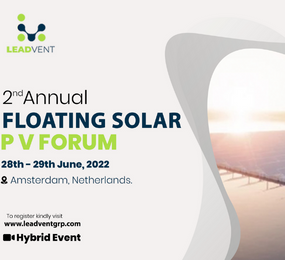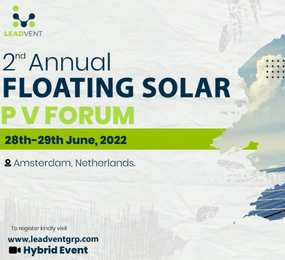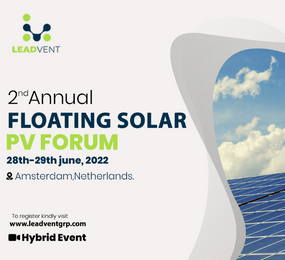Climate change poses significant challenges to floating solar projects, impacting their design, operation, and long-term sustainability. Understanding these challenges and developing adaptive strategies is crucial for ensuring the resilience and efficiency of floating solar installations.
Extreme Weather Events:
Climate change has increased the frequency and intensity of extreme weather events, such as storms, hurricanes, and typhoons. These events can cause physical damage to floating solar platforms, including dislodging panels, damaging mooring systems, and disrupting electrical connections. Engineers are developing robust mooring and anchoring systems that can withstand high winds and strong waves to mitigate these risks. Additionally, flexible and resilient platform designs are being implemented to absorb and dissipate the energy from extreme weather events.
Rising Water Levels:
Rising sea levels, another consequence of climate change, present a unique challenge for floating solar projects, particularly those located in coastal areas. Increased water levels can affect the buoyancy and stability of floating solar platforms. To address this, adaptive buoyancy systems are being developed to maintain stability as water levels fluctuate. These systems ensure that solar panels remain optimally positioned for maximum energy generation despite changing water conditions.
Temperature Fluctuations:
Climate change also results in greater temperature variability, which can impact the efficiency and lifespan of solar panels. Higher temperatures can reduce the efficiency of photovoltaic cells, while extreme temperature fluctuations can cause thermal stress and damage to panel materials. Advanced materials and cooling technologies are being explored to enhance the thermal tolerance of solar panels, ensuring consistent performance across a range of temperatures.
Adaptive Strategies and Innovations:
Ongoing research and innovation are essential to ensure the long-term viability of floating solar projects in the face of climate change. This includes developing climate-resilient materials, advanced monitoring systems for real-time data collection, and predictive maintenance to address potential issues before they become critical. By integrating these adaptive strategies, floating solar installations can remain resilient and efficient, contributing to a sustainable energy future.
In conclusion, climate change presents significant challenges for floating solar projects, but innovative solutions and adaptive strategies pave the way for resilience and efficiency. The floating solar industry can continue to thrive and support the global transition to renewable energy by addressing the impacts of extreme weather, rising water levels, and temperature fluctuations.
To register or learn more about the Forum please check here: https://bit.ly/46Vw6nm
For more information and group participation, contact us: [email protected]


